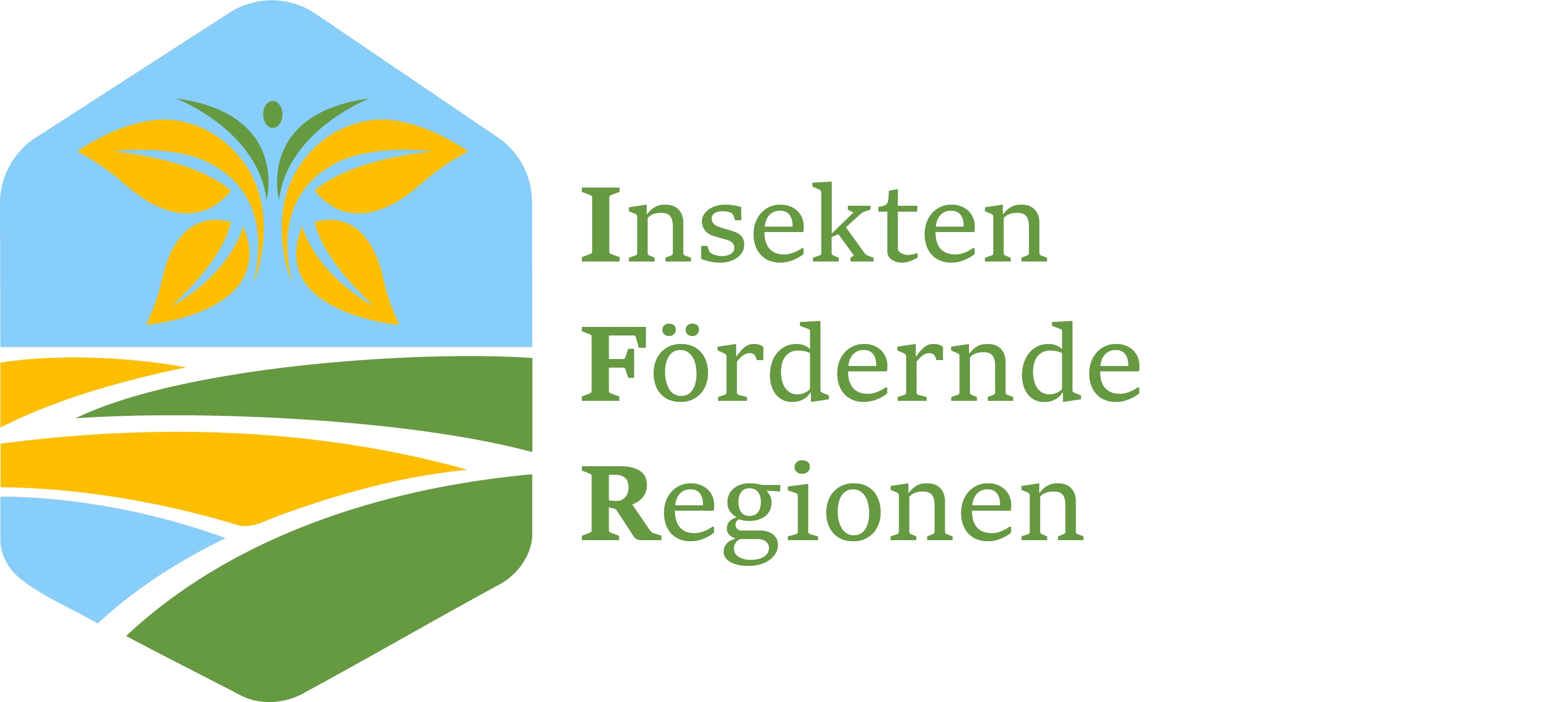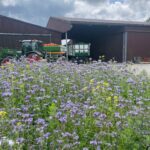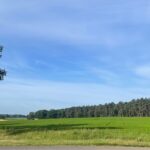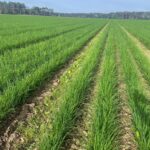Farm Schulz
Type of farm:
Arable farm
Cultivated area:
250 hectares
Farming method:
Conventional
Crops:
Wheat, potatoes, barley, rye, onions, parsley, lovage, coriander, kale, spinach, chives, corn
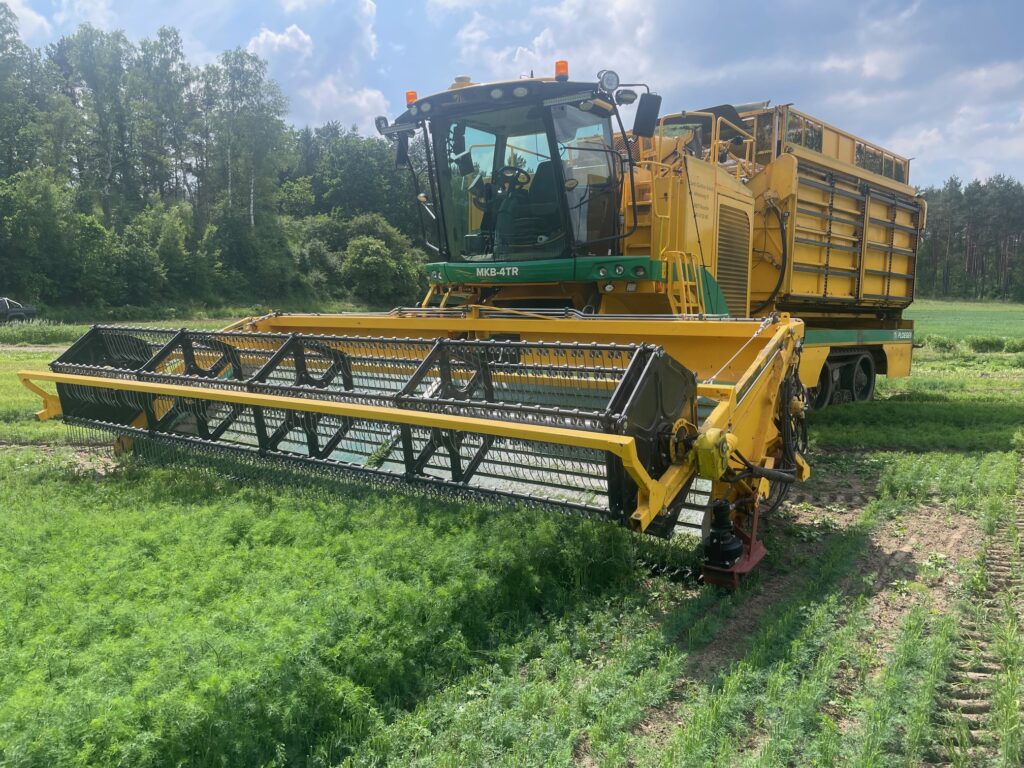
What is special about the Schulz farm?
„The Schulz farm is characterised by its diversity and extensive crop rotation. We rely on a wide range of twelve different crops in cultivation. This diversity not only enables a more sustainable cultivation of the soil, but also contributes to a diversified diet and a healthier ecosystem.“
What does insect protection mean for the Schulz farm?
„For our farm, insect protection primarily means intervening as little as possible in the ecological system and relying on natural processes instead. The aim is to promote a harmonious balance between pests and beneficial insects, which makes it possible to keep pests in check without having to resort to the use of chemical pesticides. This works well for our farm in herb cultivation, but we continue to use chemical pesticides in other crops.“
What insect protection measures is the Schulz farm planning or already implementing?
„In the past, insecticides were used in all our crops when necessary, which led to the decimation of both pests and beneficial organisms. However, our experience over the last few decades has shown that it is possible to grow herbs without the use of insecticides. We now completely dispense with the use of such chemicals in our herb cultures.
We rely on natural processes and observe how a balanced relationship is established between pests and natural enemies such as ladybirds. These natural antagonists help to keep pests such as aphids in check.
In addition, we are taking further measures such as planting flower strips, fallow land and providing insect hotels to promote biodiversity and create habitats for beneficial insects. In cereal cultivation, we have trialled wide-row cultivation.“
Cord-Günther Schulz answered the questions.
